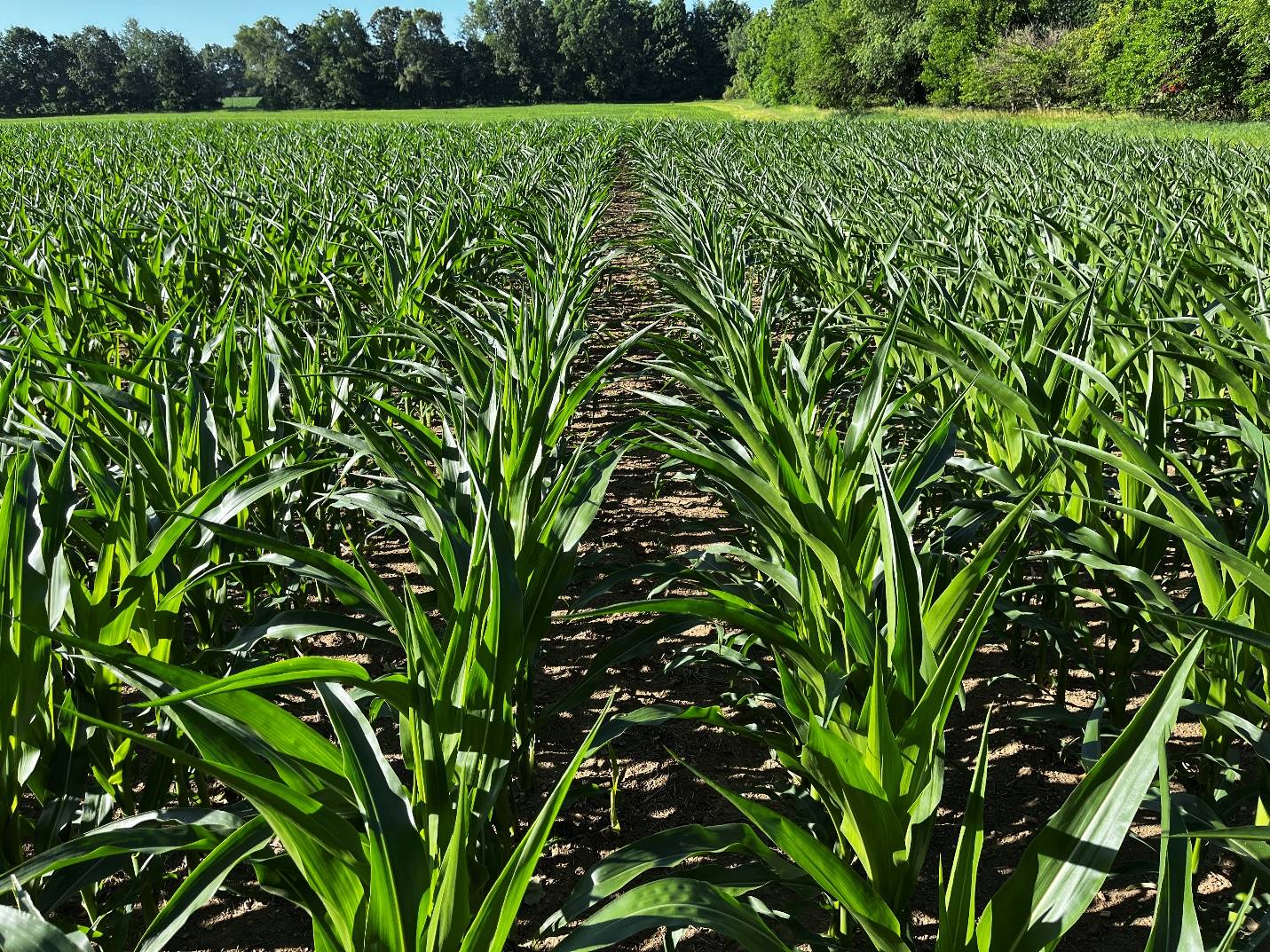MSU plant scientists unite global community to call for advancing plant resilience
Article Highlights
- A coalition organized by Michigan State University's Plant Resilience Institute, or PRI, published a paper in Trends in Plant Science.
- The group calls for climate-adapted crops to prevent famine, mass migration and global conflict as a result of climate change.
- Researchers must also work directly with farmers to close the gap between scientific breakthroughs in the lab and their practical use in farming.
The coalition, organized by MSU’s Plant Resilience Institute, or PRI, said in a paper published by Trends in Plant Science that global action is needed to advance plant resilience. They said farmers, scientists and policymakers must work closely together to cultivate crops that can withstand increasingly harsh environmental conditions.

“As rising temperatures and extreme weather events threaten crop yields and nutritional quality, our ability to feed a growing population becomes more and more uncertain,” said Seung Yon “Sue” Rhee, MSU Research Foundation Professor and PRI director. “The urgency is clear: without climate-adapted crops, we face risks of famine, mass migration and global conflict.”
This paper comes as an increasing population and growing consumption have placed a greater strain on agriculture, according to the authors. Meanwhile, worsening climate instability could have major negative impacts on crop production.
In addition to Rhee, co-authors on the paper include MSU PRI’s Daniel Anstett (now an assistant professor at Cornell University), Kadeem Gilbert, David Lowry, Hatem Rouached and MSU-Department of Energy Plant Research Laboratory’s Berkley Walker.
The group of 21 co-authors from eight countries was formed as an outcome of the First International Summit on Plant Resilience, spearheaded by the PRI earlier this year. The summit promoted global cooperation in plant resilience research efforts, bringing together MSU researchers with other preeminent plant scientists from diverse disciplines. Together, they created a roadmap to position plant resilience research as a cornerstone of global climate change solutions.
In their new paper, the authors call attention to serious impediments to plant resilience, including the gap between scientific breakthroughs in the lab and practical use in farming. While significant advances have been made in understanding how plants handle environmental stresses, turning that knowledge into solutions for farmers is difficult due to financial, logistical and technical hurdles. These challenges are even greater in the Global South, where limited resources hinder the development of solutions tailored to local needs. Improving plant resilience isn’t just a scientific issue, the authors argue — it’s also a societal one that requires public support, clear communication and favorable policies.

The researchers propose several practical recommendations to leverage plant resilience to fight climate change and secure food supplies globally. They call for closer collaboration between scientists and policymakers and to establish research partnerships between the Global North and South. The group recommends adopting a “farm to lab to farm” approach, where real farming challenges inform research, and discoveries are quickly applied back in the field. They also stress the importance of engaging the public about new technologies and being open about their benefits and risks to build trust. Finally, they advocate for science-based, efficient regulations to expedite the adoption of innovations.
Rhee remains optimistic about the future of plant resilience. “By prioritizing innovation and working as a global community, we can create agricultural systems that not only withstand climate change but also ensure a sustainable, healthy future for generations to come,” she said.
The PRI was launched at MSU in 2016 as part of a university-wide effort to advance plant resilience research globally. MSU continues to be at the forefront of this effort, with a state-of-the-art Plant and Environmental Sciences Building and updated research greenhouses under construction to accelerate climate-critical discoveries and advance food security. Additionally, the PRI recently secured a National Science Foundation Global Centers Award for the Center for Sustainable Plant Innovation and Resilience through International Teamwork, or C-SPIRIT. This initiative unites interdisciplinary experts worldwide to explore sustainable solutions for agriculture.
Through cutting-edge research and global partnerships, Michigan State University is driving the fight against climate change, forging a path toward a more resilient world.